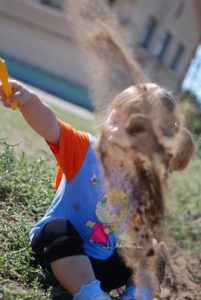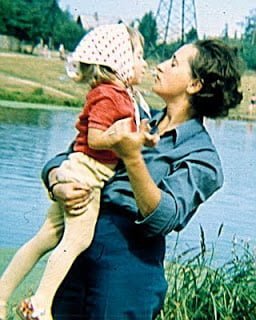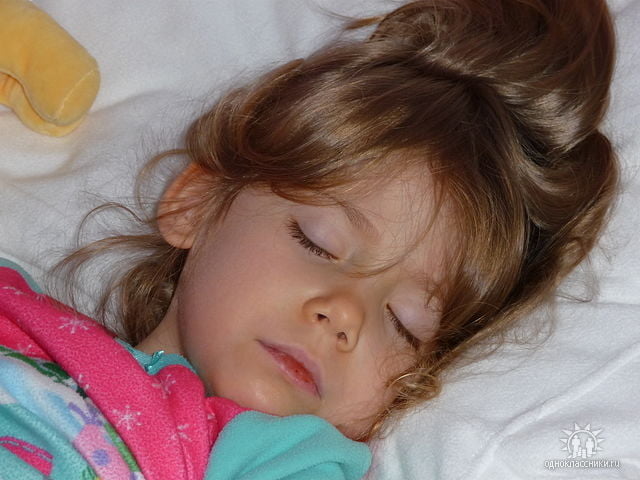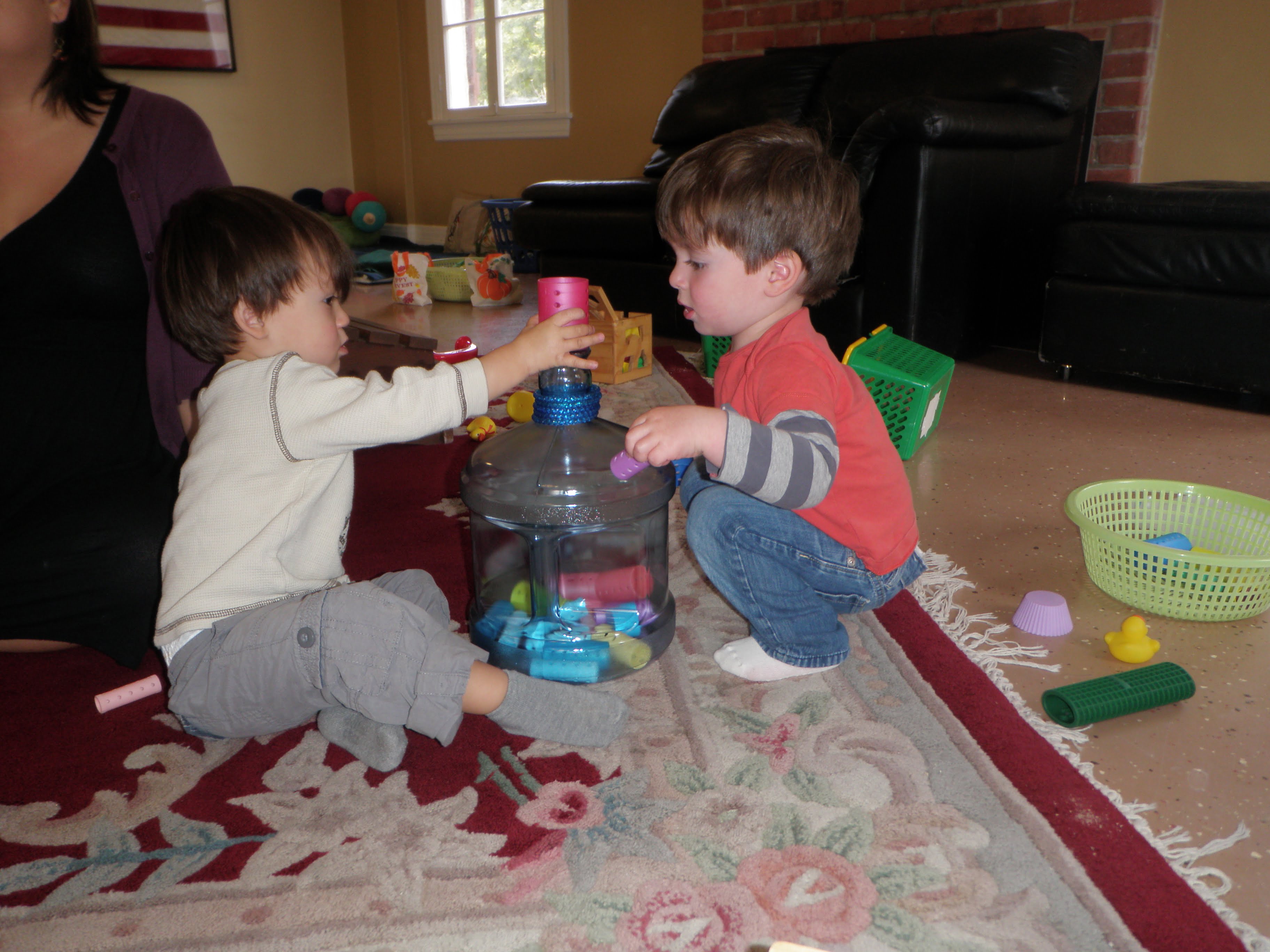When toddlers begin to exhibit hitting behavior, many parents become concerned and ask, “What should we do?” This query has motivated me to compose this blog entry. I wish to emphasize that each situation is unique and warrants an individualized approach. In this blog post, I will outline several key points and ideas.
Sometime between the ages of 15 months and 3 years, children—much to the astonishment of their parents—might start hitting their family members.
First, I want to assure parents that this behavior is developmentally appropriate. In most cases, there is nothing inherently “wrong” with the child or the parent. Research indicates that the human brain attains full self-control development around the age of 21 or even 25. Nevertheless, this assertion doesn’t imply that we should let go or permit the hitting.
Children who are permitted to strike their parents often experience discomfort and a lack of security. Our role, as responsible adults, is to help children stop hitting and co-regulate.
What can adults do?
It is crucial to recognize that each individual case differs, necessitating a distinct evaluation of each situation.
Firstly, consider the child’s underlying needs:
- If the child wants something really badly, controlling impulses becomes challenging.
- The child may be seeking connection with you.
- Hitting might be an attempt to avoid something distressing.
- Fear could be driving the child’s reaction.
- The child may be exploring independence and trying to understand limits.
- Hitting might be an effort to comprehend the meaning behind your reactions, particularly if the child has previously encountered intense emotional outbursts from a parent.
Strategies for addressing hitting incidents after it already happened:
1. Following a hitting incident, say to the child: “I don’t want you to hit.” Pause. Express, “It doesn’t feel good” or “It hurts.” Utilize a normal-friendly tone. Strive to avoid sounding upset, stern or overly sweet. For instance, refrain from saying, “Darling, sweetheart, I don’t want you to hit.”
2. If the child attempts to hit again, prevent the action by blocking or gently holding the child’s hand. Maintain a firm, yet gentle approach. We don’t have to be rough or angry to set the limit.
3. State: “I won’t allow you to hit me.” Pause. Assert, “Hitting hurts.” Employ your regular-friendly tone, avoiding undue anger or sweetness.
4. If a second attempt occurs while the child is seated on your lap, bring the child down from your lap and stand up. Let him know that you don’t like to be hit. In this situation, you are letting him know with words and also with your actions.
5. Try to guess the problem. For instance, say, “I notice you’re frustrated because I didn’t allow you to pour drinking water into the toy boat.” Pause. Continue, “It seems you’re angry because I took the bottle.”
The situation might unfold in two ways:
A. The child might want to talk. In such case, further acknowledgment, narration, and active listening might be necessary. For example, you might say, “I see you had a plan. You thought it would be fun to use this drinking water to pour it there.” Point to the boat. Pause and allow the child to share feelings through words or sounds. Offer additional acknowledgment and attentive listening.
B. Alternatively, the child might burst into tears. Display empathy and support. Say, “I hear you…” Offer a comforting hug or gently place a hand on the child’s back. Stay close if the child if the child wants you next to him. Some children prefer some space when upset, so respect this preference by stepping back slightly and indicating your where you going to be. Remember, our intention is not punishment or causing suffering.
6. Let your child to process what happened without distracting him with something new. Avoid attempting to resolve the problem with immediate solutions. Allow the child to cry, express emotions and provide time for processing without disruptions.
Children often respond with loud crying, kicking, screaming, or physical displays of distress. It is important for them to freely express and release emotions without judgment, while parents maintain a composed, present, and listening.
Actions to avoid when dealing with hitting:
- Refrain from striking the child in return – do not hit the child back. Our behavior models how to manage challenging situations.
- Avoid pretend cry. Your child will know that you performing and might actually find it interesting and want you to perform again.
- Avoid shaming the child. As Regalena Melrose, Ph.D., aptly states, “We do well when we feel good.”
Additional strategies to consider:
- Ensure your child is well-rested and not hungry. Self-control can be notably challenging when fatigued.
- Thoughtfully plan activities to prevent over-stimulation. Allow sufficient time for transitions.
- Integrate choices into daily routines: “Would you prefer these shoes or those? Do you want dipper change now, or do you need another moment?” Seek opportunities to provide choices.
- During moments of tranquility, explore relaxation techniques with your child, such as beach ball punching, smelling flowers – deep breathing, or jumping up and down.
- Create a Social Story to help child process what happened.
- Engage in re-play activities at home using stuffed animals or dolls. The toys can explore and show emotions such as anger, sadness, or frustration.
Additional resources:
Limit Setting (Hitting other children)
My Preschooler is Hitting Me by Janet Lansbury
When Your Toddler Hits You: A New Perspective by Laura Podwoski
10 Steps To Stop Your Child from Hitting Other Kids by Laura Markham
Inspired by psychologist, Anastasiya Umanskaya. Photo credit (girl in sandbox): Elena Shachina.
Let me know if you need more information about RIE® Parent-Infant Guidance™ Classes.
Wishing you all the best in this difficult yet exciting journey of parenting!
Warmly,
Teacher Kira














